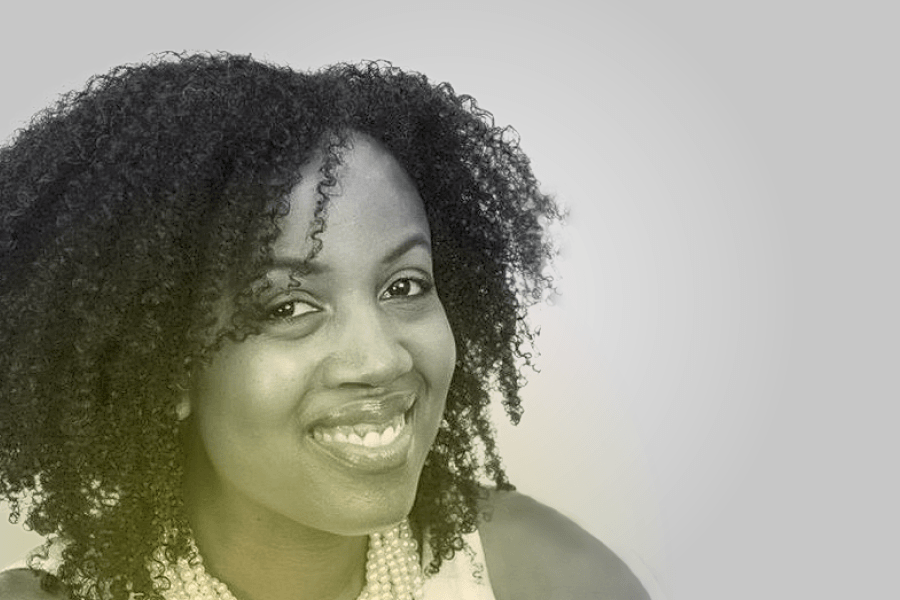What Should Being Black in Philly Look Like? It Should Be Empowered and Equipped to Heal
Erica Wilkins on the importance of training therapists to treat the wounds of racial trauma.

Licensed therapist Erica Wilkins.
Erica Wilkins of West Philadelphia is a licensed marriage and family therapist and associate professor and program director of the Couple and Family Therapy master’s degree program at Thomas Jefferson University.
I’ve been trained in understanding systems, as opposed to looking at mental illness residing within an individual. I conceptualize how all the systems around that person work to either present challenges or help that person thrive. So when I think of what it should mean to be Black in Philly, I think about it systemically.
Philly is different from many spaces in this country because we have a fair amount of African American clinicians here. But that doesn’t necessarily mean they are empowered with training or through leadership roles to give the care that the nearly 44 percent African American population in the city deserves. So the question becomes: Do we have enough clinicians who are prepared to do the work of helping Black folks achieve liberation from racial trauma? And the answer is no. We do not have enough people in positions of power who’ve been trained to examine their own biases or the way that their training may be rooted in a dominant discourse of white supremacy.
With the folks I train, I work on helping them understand, regardless of their racial identity, the ways in which they may have been indoctrinated into anti-Blackness in their personal and professional experiences. So when they’re sitting with Black folks in the therapy room, they’re able to work as helpers, as opposed to being another cog in the system that doesn’t want to see Blackness thrive. All of Philadelphia’s community agencies, the folks who are in private practice, the various training centers throughout this region providing mental health care, should absolutely invest in intensive consultation and training around how to combat anti-Blackness in therapeutic work.
Being Black in Philly should mean removing the structural inequalities that exist that prevent healers from stepping up into leadership positions. Even outside of the traditional clinical space, there are healers who are doing amazing work in Philadelphia, but too often, their work is not amplified. Many other mental health practitioners in Philadelphia have seen their clients profiled by the mental health industry and other clinicians. That’s why I teach my students to think critically about the number of adolescent Black males who are referred to them because of anger management challenges, and to question diagnoses like oppositional defiant disorder, which is disproportionately given to that group. I train my students to take a step back and make their own assessment, to challenge whether that assessment is coming from a place of bias, and to always be working under the assumption that we’re in an oppressive discourse that does not want to see Black life thrive.
Being Black in Philly should mean systemic racism is eradicated, and once it is, we can begin doing work with and for Black people that helps us finally heal from the wounds of racial trauma and move to a position of truly being liberated and thriving.
Published as “It Should Be Empowered to Heal” in the What Should Being Black in Philly Look Like? feature in the August 2020 issue of Philadelphia magazine.


